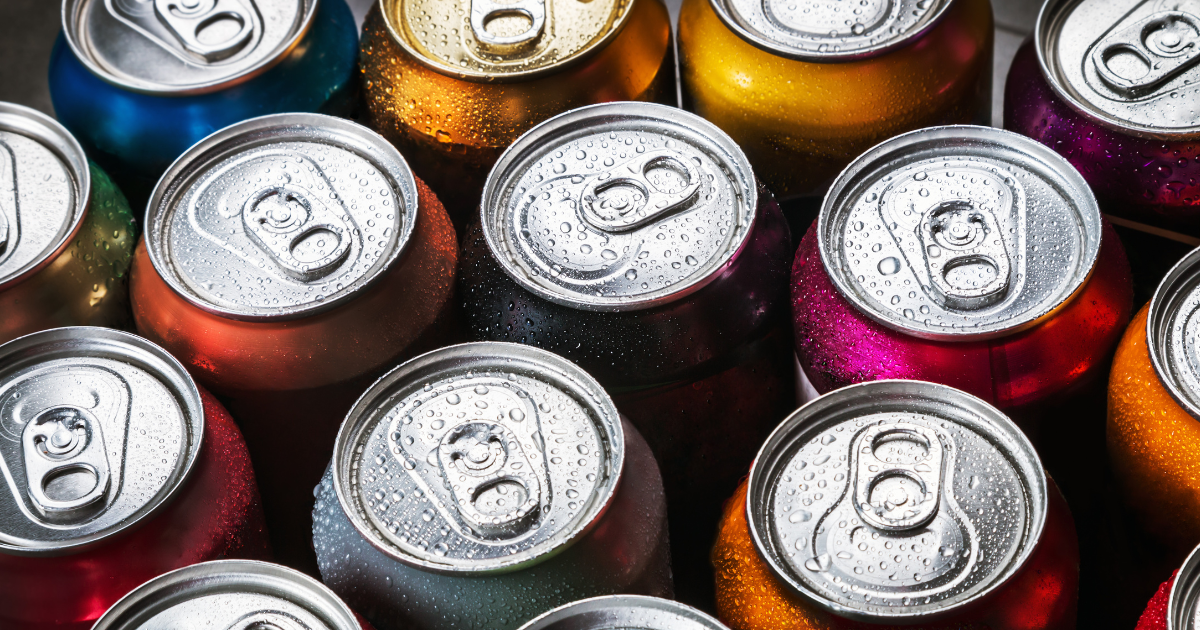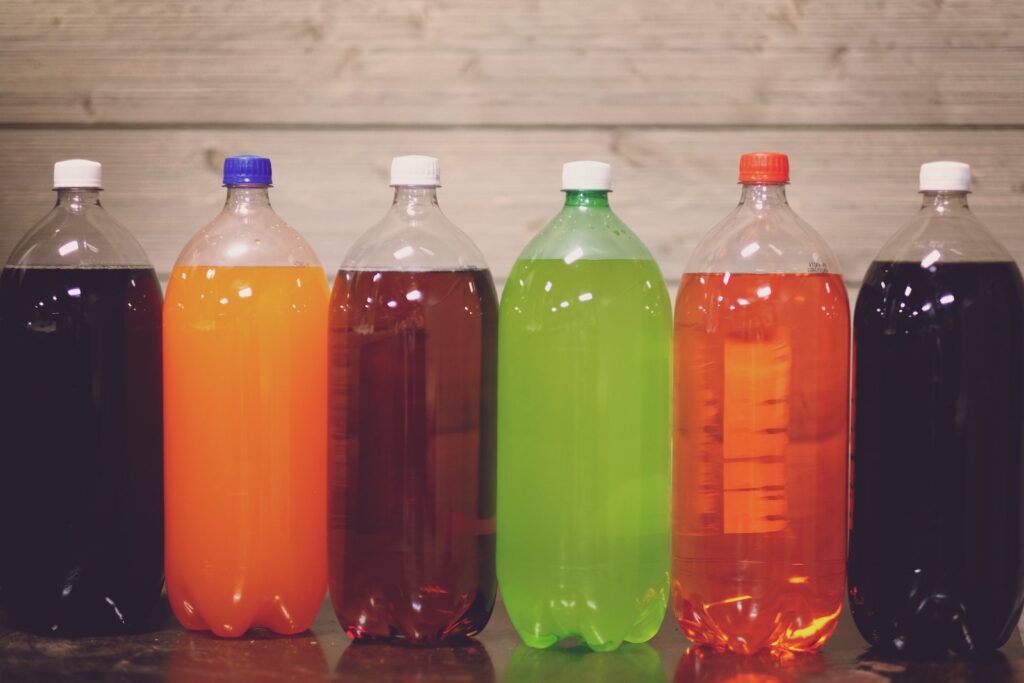
©DoroO via Canva.com
FDA Bans Brominated Vegetable Oil (BVO) Additive From Food
November 3, 2023
The US Food and Drug Administration (FDA) released a statement explaining the repeal of their existing regulation that permits the use of brominated vegetable oil (BVO), an additive, in food across the nation.
This move by the FDA is in the wake of California’s prohibition of the component in October, as a result of the passing of the California Food Safety Act. This law pioneered the first state-level ban on brominated vegetable oil in the United States. Prior, the additive had already been outlawed in Europe and Japan.
Brominated vegetable oil is a substance created by modifying vegetable oil with bromine, a deep red, strongly-smelling oily chemical. It is utilized as an emulsifying agent in citrus-flavored drinks to prevent the flavoring from separating and rising to the surface. Bromine is also frequently employed in the production of flame retardants.
According to the Eat Well Guide, created by the Environmental Working Group – a nonprofit organization devoted to research and advocacy on consumer health, toxic chemicals, and pollutants, has shared a list of 90 products currently that contain the BVO additive.
FDA Bans Brominated Vegetable Oil Requiring Alternatives

USA Today adds that the primary culprits in this roundup are fruity-flavored drinks and sodas which uses brominated vegetable oil as one of its main ingredients. Furthermore, “the FDA determined in 1970 that the ingredient was no longer ‘Generally Recognized as Safe’ and began overseeing its use under its food additive regulations.”
The US Food and Drug Administration (FDA) has noted a marked shift in the practices of numerous beverage producers who have opted to substitute Brominated Vegetable Oil (BVO) with alternative ingredients. This comes in light of the FDA’s recent proposal to overturn the regulations related to BVO usage.
However, despite these progressive industry changes, certain smaller grocery store brands and regional drinks continue to contain this additive. Examples include variants of the Great Value beverage line and Sun Drop.
“According to the Center for Science in the Public Interest, an independent consumer advocacy organization, BVO ‘leaves residues in body fat and the fat in brain, liver, and other organs.’”
Moreover, the organization highlights that BVO can be transmitted from a breastfeeding mother to her infant. This transfer can potentially result in heart lesions, fatty changes in the liver, and compromised growth and behavioral development in the child.
Recent News
Massive Data Breach Hits Ticketmaster, Affecting 560 Million Customers
Ticketmaster has fallen victim to a significant cyber-attack, potentially compromising the data of up to 560 million customers. The breach was confirmed by Ticketmaster’s parent company, Live Nation, which revealed that a notorious hacking group, ShinyHunters, is behind the attack. The hackers are demanding a ransom of approximately £400,000 to prevent the data from being sold on the dark web.
Toyota Recalls 100,000+ Tundra and Lexus LX SUVs Over Engine Debris Issue
Toyota has announced a recall for over 100,000 Tundra pickups and Lexus LX SUVs in North America due to potential engine issues caused by machining debris. This recall affects certain 2022-2023 models of the Tundra and LX, which are equipped with the new V6 twin-turbo engine. The V6 twin-turbo engine has faced considerable scrutiny regarding its reliability, especially when compared to the previous naturally aspirated V8 engines.
Wordle and Worldle Battle Over Names
A legal dispute has erupted between the wildly popular word game Wordle and the lesser-known geography game Worldle, centering on the similarity of their names. Wordle, which was developed by Josh Wardle in 2021 and later acquired by the New York Times in 2022 for a substantial sum, has gained immense popularity. In this game, players have six attempts to guess a five-letter word.
FDA Issues Recall for Crecelac Goat Milk Infant Formula
The U.S. Food and Drug Administration (FDA) has issued a safety alert regarding Crecelac Goat Milk Infant Formula and other infant formula products imported and distributed by Dairy Manufacturers Inc. The alert highlights Cronobacter contamination concerns with Crecelac Infant Powdered Goat Milk Infant Formula. Although Dairy Manufacturers Inc. initiated a recall on May 24, 2024, due to non-compliance with FDA regulations, new findings of Cronobacter contamination have prompted further action.
